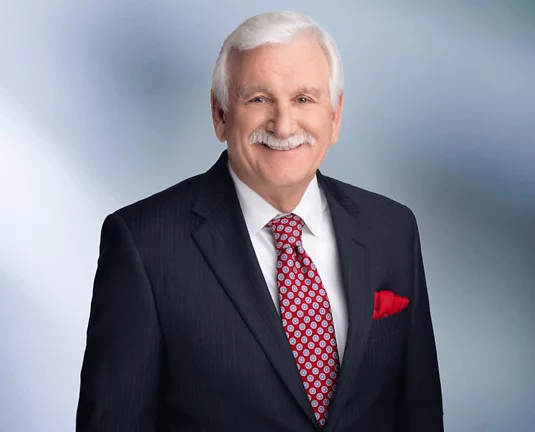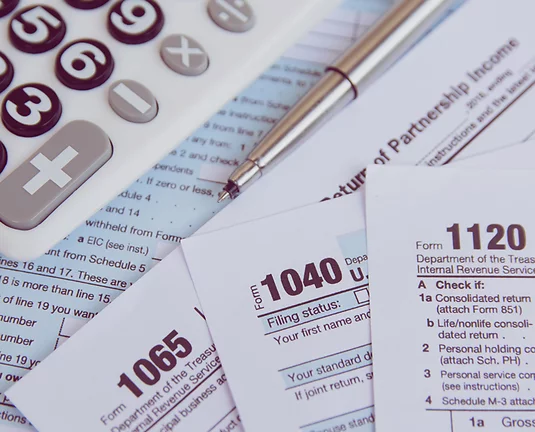MIOSHA COVID-19 Emergency Rules for Employers Extended for Six Months
 On Monday, April 12, 2021, Governor Gretchen Whitmer announced that the Michigan Occupational Safety and Health Administration (MIOSHA) is extending workplace COVID-19 restrictions, which were set to expire on April 14, for another six months. Accordingly, the MIOSHA Emergency Rules, which went into effect on October 14, 2020, will remain in place until October 14, 2021.
On Monday, April 12, 2021, Governor Gretchen Whitmer announced that the Michigan Occupational Safety and Health Administration (MIOSHA) is extending workplace COVID-19 restrictions, which were set to expire on April 14, for another six months. Accordingly, the MIOSHA Emergency Rules, which went into effect on October 14, 2020, will remain in place until October 14, 2021.
The Governor explained that the extension of the Emergency Rules was necessary in light of the increasing number of COVID-19 cases in Michigan, which currently leads the nation in per capita cases. While making her announcement, Governor Whitmer stated, "At this juncture, with our high positivity numbers, it's really important to extend for another six months so that we have the ability to work through what these protocols look like and get people back into the workplace when it's safe to do so."
Given that Michigan employers have been operating under the Emergency Rules for the last six months, most employers are familiar with their obligations. As a reminder, pursuant to the Emergency Rules, some of the important guidelines employers must continue to adhere to include:
- Develop and implement a written COVID-19 preparedness and response plan;
- Evaluate and categorize employee potential COVID-19 exposure risk;
- Establish and promote basic infection prevention measures for all employees, including requiring employees who are sick not to report to work or work in an isolated location, and prohibiting in-person work for employees to the extent their work activities can feasibly be done remotely;
- Implement health surveillance including daily workplace entry self-screening and, to the extent possible, temperature screenings;
- Establish workplace controls, including designating a worksite COVID-19 safety coordinator;
- Provide employees with personal protective equipment as appropriate;
- Provide COVID-19 training to employees and record compliance with training, screening, and notification requirements.
In addition, there are a number of specific obligations under the Emergency Rules that apply to those operating in certain industries, including construction, manufacturing, retail, libraries, museums, restaurants, bars, health care, in-home services, personal-care services, public accommodations, sports and exercise facilities, meat and poultry processing, and casinos.
If you have any questions about the Emergency Rules, the employment lawyers of Foster Swift Collins & Smith can help you with these and other COVID-related employment law issues.




